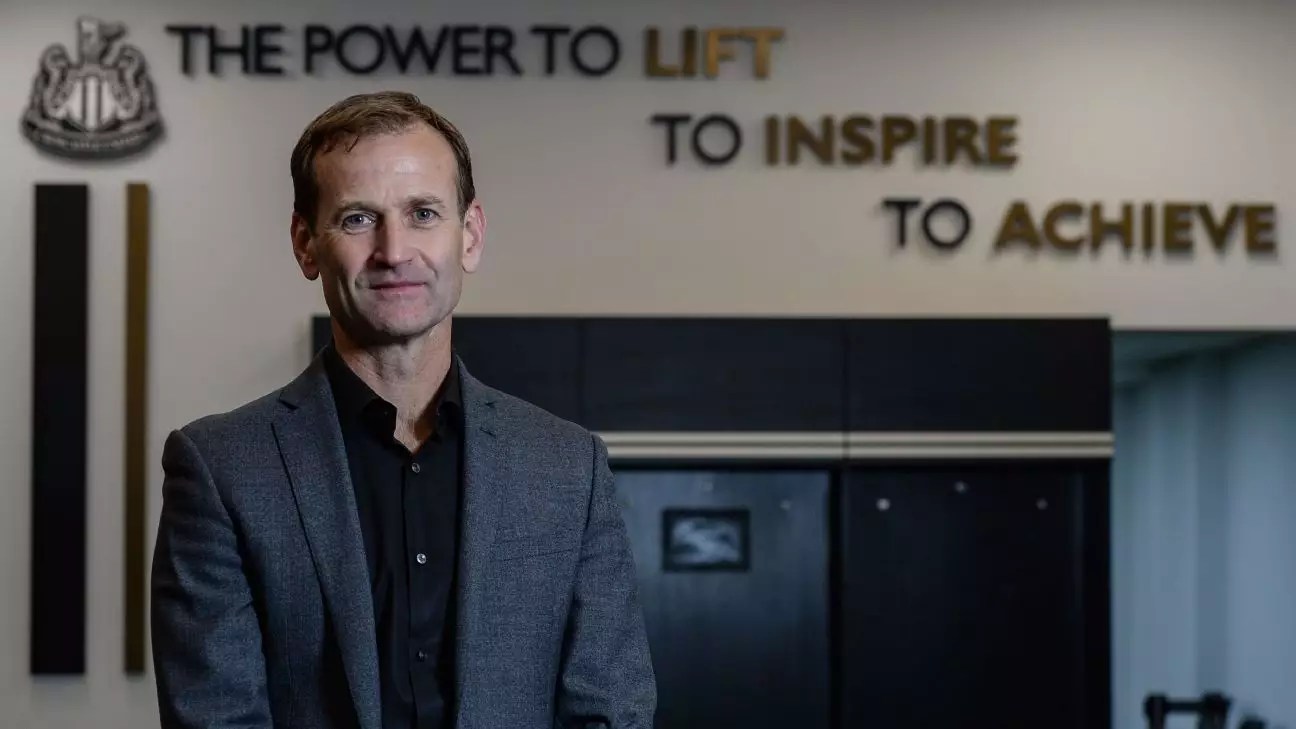In the past decade, English football clubs have experienced a significant shift in their organizational structure with the introduction of the director of football role. This position, also known as head of recruitment, sporting director, technical director, or chief football officer, plays a crucial role in managing the football side of the club. Traditionally, this role was not common in English clubs, partly due to historical reasons and a reluctance from managers to relinquish control. However, as the global sports industry evolved, the need for a director of football became increasingly recognized as essential for the success and sustainability of a football club.
The Complex Role of a Director of Football
The director of football is positioned below the CEO and the board, with a primary responsibility for making key personnel decisions related to player recruitment, retention, and financial matters. Working closely with the coach, scouts, and analytics department, the director of football ensures a strategic approach to building and shaping the squad. Moreover, they oversee the appointment of key staff members, including the manager, youth system directors, and scouts, while adhering to budget constraints and long-term planning for the club’s future.
Unlike player recruitment and coaching evaluations, the process of hiring a director of football is subjective, relying heavily on individual judgment and intuition. An effective director of football must possess a diverse skill set that combines both hard skills, such as player evaluation and financial acumen, with soft skills like consensus-building and stakeholder management. They must navigate complex negotiations, assess player value, and anticipate challenges in the ever-changing football landscape.
Furthermore, the director of football must demonstrate expertise in dealmaking and maintaining a network of trusted sources to secure favorable transfer deals and maximize player exits. This role involves making tough decisions, such as terminating contracts or rejecting player acquisitions, which requires a certain level of assertiveness and diplomacy to manage relationships with coaches, players, and club officials effectively.
Measuring the success and impact of a director of football poses a unique challenge, as their influence is intertwined with various factors within the club’s operations. It is challenging to attribute success solely to the director of football, as the contributions of scouts, coaches, and other stakeholders also play a significant role. Additionally, limited access to insider information and the prevalence of biased narratives in the football industry make it difficult to objectively evaluate the performance of a director of football.
Many football clubs, such as Brighton, have demonstrated successful recruitment strategies despite changes in executive leadership, raising questions about the true impact of individual directors of football. The longevity of a director of football’s tenure often signifies their ability to navigate internal politics and maintain their position within the club. The narrative surrounding a director of football’s achievements is often shaped by strategic communication efforts that aim to control public perception and reinforce their reputation within the organization.
The Future of Director of Football in English Football
As English clubs continue to adopt modern football practices and embrace new management structures, the role of the director of football is expected to evolve further. The increased emphasis on data-driven decision-making, financial sustainability, and long-term planning highlights the importance of having a skilled and adaptable director of football in place. Clubs must prioritize hiring individuals who possess a diverse skill set, demonstrate strategic vision, and can foster positive relationships across all levels of the organization.
The director of football role has become an integral part of English football clubs’ organizational structure, providing a strategic and operational bridge between the footballing side and the club’s leadership. While the challenges of assessing performance and proving impact persist, the evolving nature of the role suggests that a new generation of directors of football will continue to shape the future of English football in the years to come.


Leave a Reply